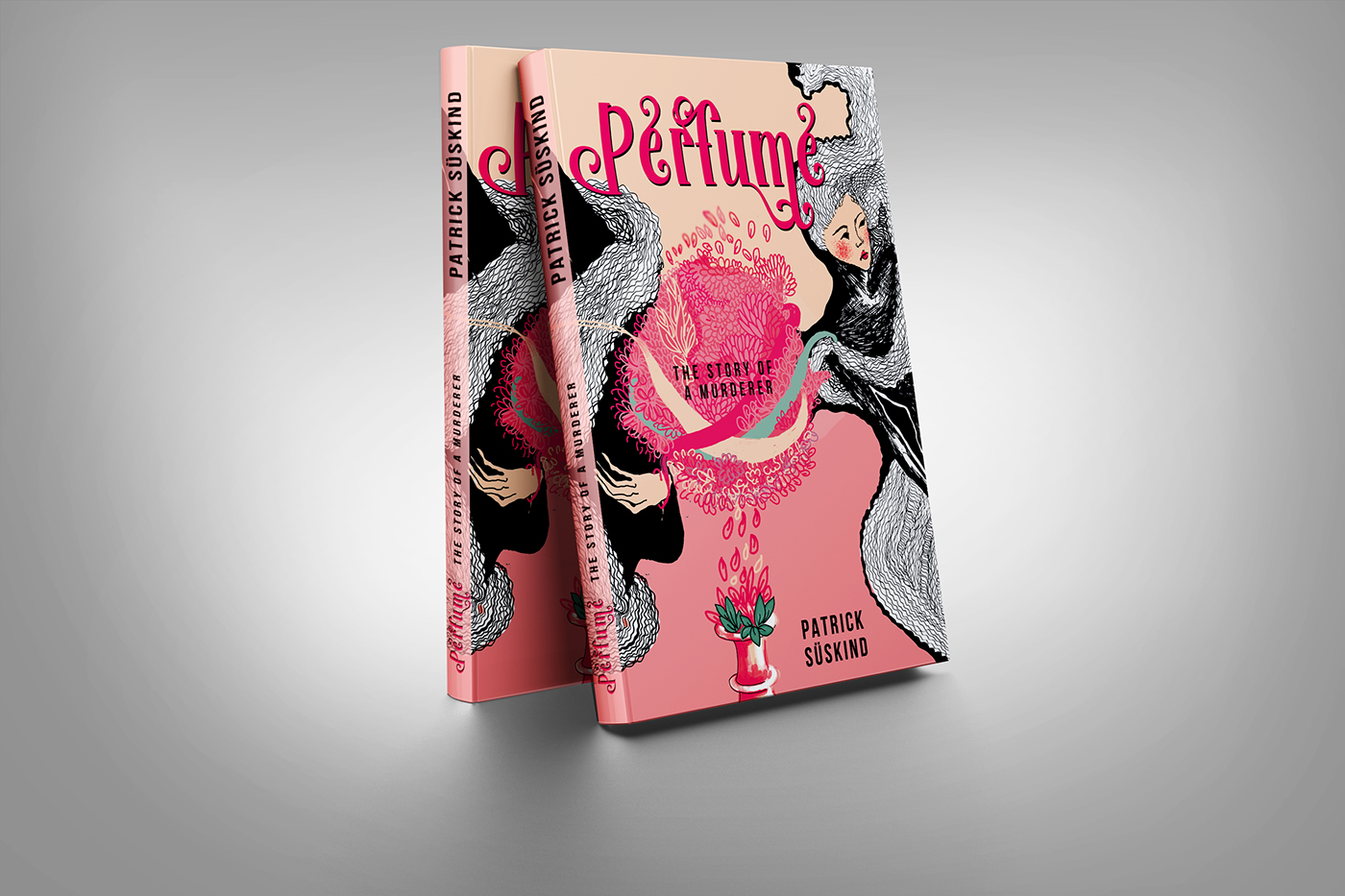
As a child and young man, he survives as an outsider only through some stubborn instinct - deciding ''in favor of life out of sheer spite and sheer malice'' -but this means that in 18th-century France, in an age of ''reason'' and a time of ''progress,'' he is a barbaric intruder. He recognizes the odors of separate stones and of the varieties of water he can locate even the most tremulous perfume from miles away he can separate the simplest stench into its various elements - that of a human being, for example, being composed of cat feces, cheese and vinegar.

He is an orphan whose absence of body odor turns him, also, into an outcast - both damned and blessed, pariah and magician. But the point, the miraculous point, is that he has no smell at all. In its most fetid spot, beside a mephitic cemetery and beneath a fish stall, the hero of ''Perfume,'' Jean-Baptiste Grenouille, is born.

PATRICK SUSKIND'S novel is a book of smells - the odors of history, in fact - and on the first page 18th-century Paris is anatomized into its component stinks.


 0 kommentar(er)
0 kommentar(er)
